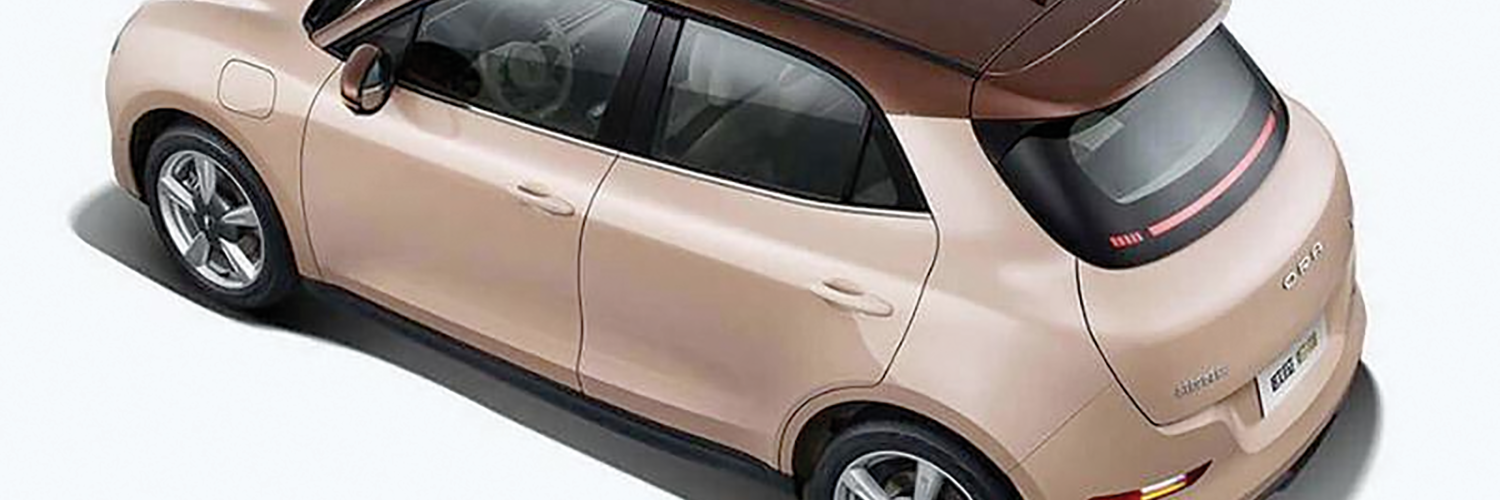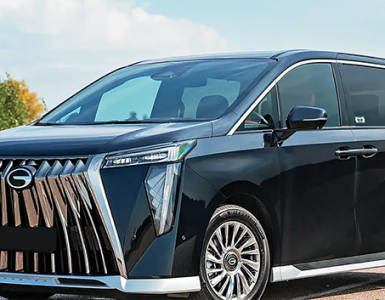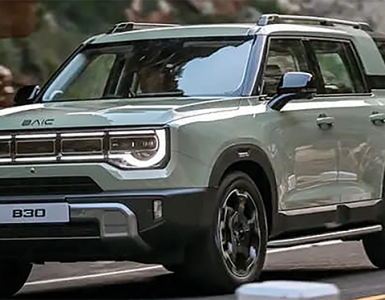REVERSE GEAR: A European car makers forced to slash prices as affordable Chinese brands continue to win more friends and buyers
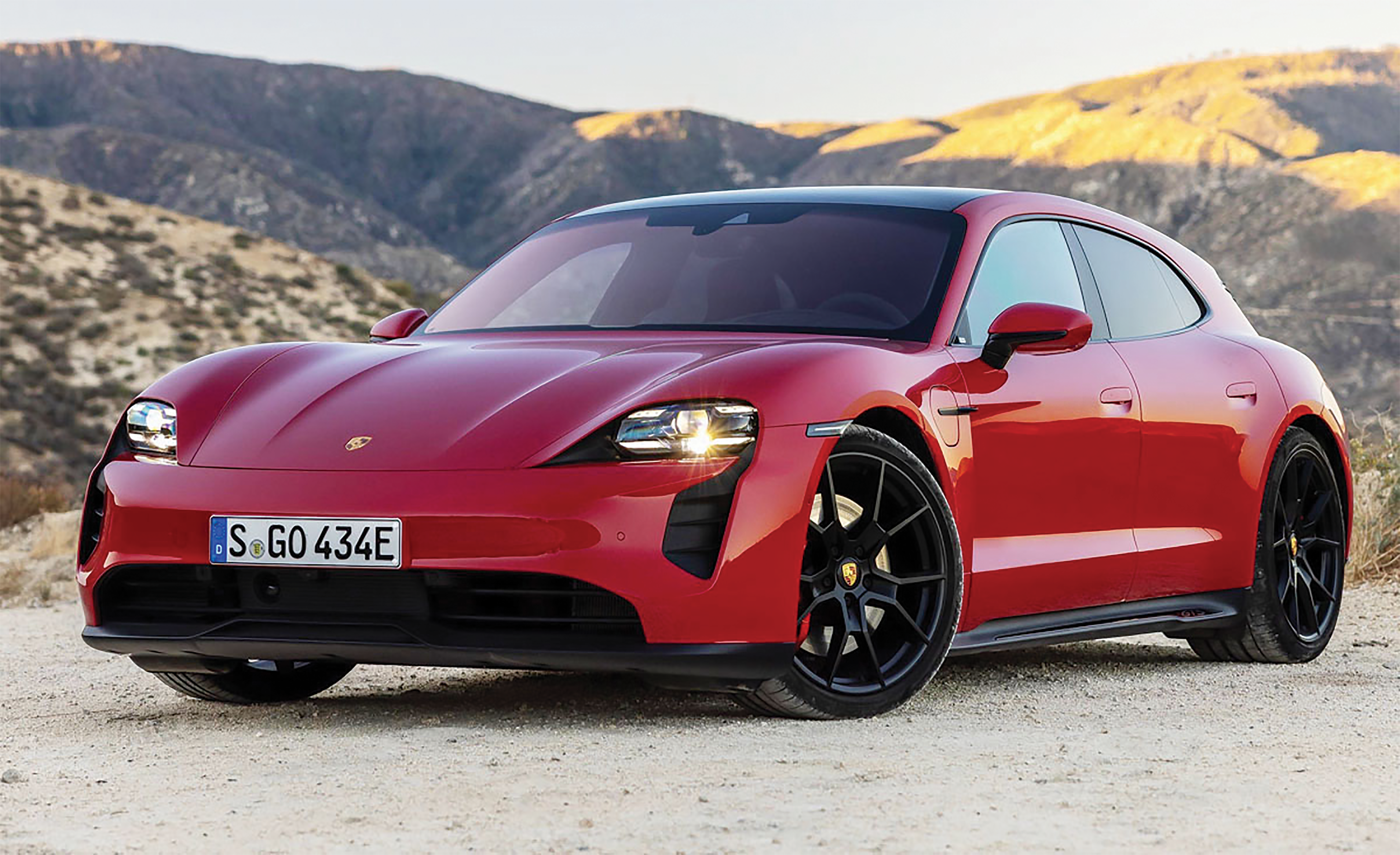
By Ali Mphaki
It was inevitable.Someone, somewhere had to try and intervene to stop the madness. Which is why the announcement by western automakers published by Reuters this week to slash production costs for their electric models by 40 percent came as a fresh of breath air.
Environmental considerations aside, the cost of these electric vehicles is simply unaffordable for many hard-pressed motorists. In SA the cheapest EV, the Mini Cooper, will set you back around half-a-million. Not many would want to splash that kind of money for a car.
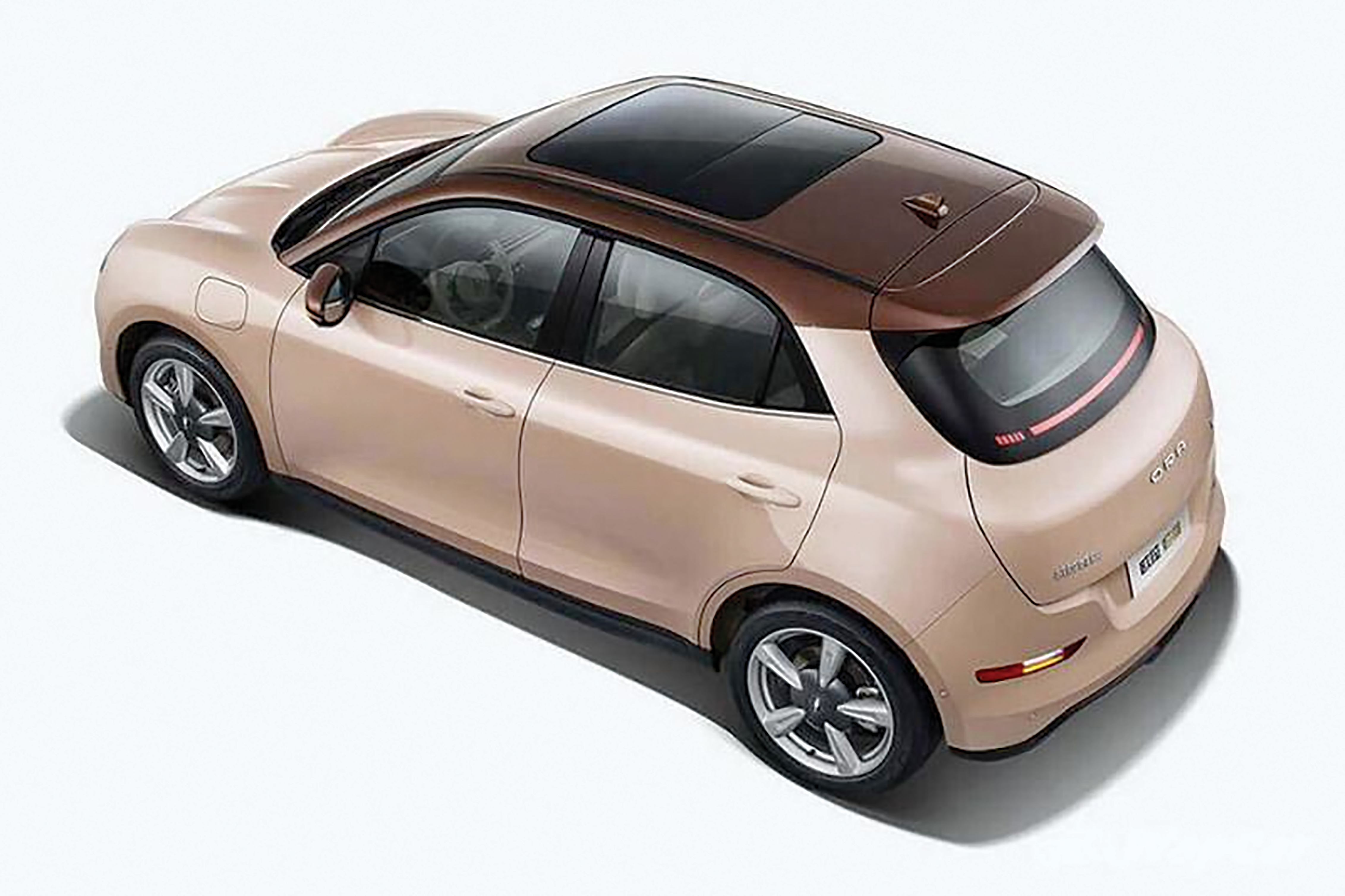
Research will show SA motorists are more comfortable paying for a jalopy in the R250K to R350K range. Adding the spanner to the works is the plethora of cheaper Chinese EVs that are already being snapped from European showrooms like hot cakes.
In 2022, Chinese car makers had a 9% share of Europe’s EV market, nearly double the previous year’s figure, according to forecasts by consultancy Inovev. And the pace is picking up.
Carlos Tavares, the CEO of Peugeot-to-Fiat carmaker Stellantis was frank, hazarding the competition with Chinese manufacturers would be “extremely brutal”.
“Their cost competitiveness is 25% against us. We have to fight,” he said, describing the Chinese push as an “invasion”.
“We need to use our own costs to make sure that we keep on making profit with affordable prices for our middle classes.”
Whilst the seeming price war rages, it is worth considering the notion of an electric car has been around longer than the gasoline automobile and is yet to be adopted with wide acceptance.
On paper, electric motors are fantastic: instant torque, one moving part, and easy maintenance.
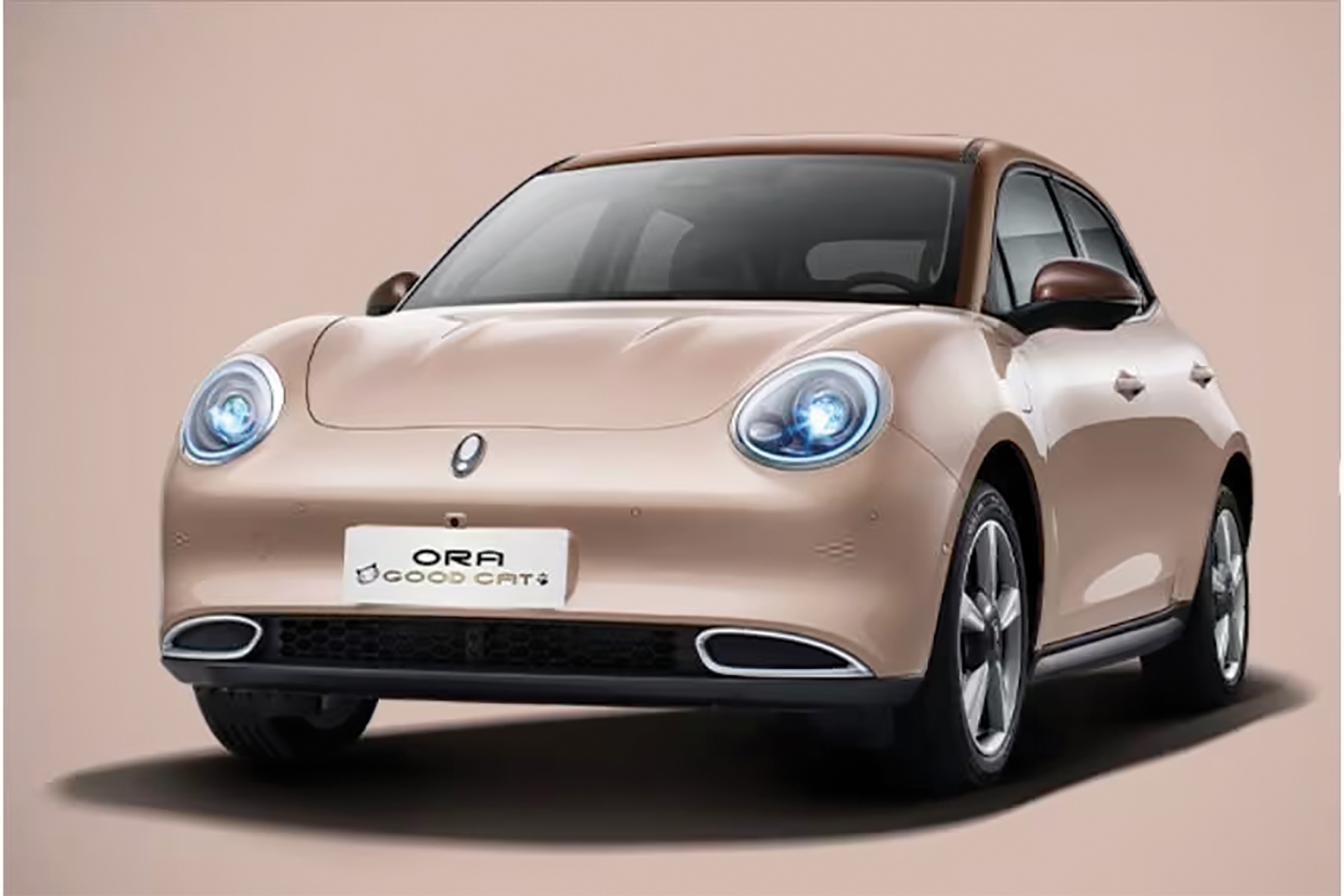 But in the real world there are a number of factors that combine to exemplify the weaknesses of the electric vehicle (EV), as alluded to by Business Insider. If EVs were a new technology, we would not be giving them any grief. However, according to PBS the EV will be celebrating its 180th birthday next year and it’s simply still not an option for a majority of motorists.
But in the real world there are a number of factors that combine to exemplify the weaknesses of the electric vehicle (EV), as alluded to by Business Insider. If EVs were a new technology, we would not be giving them any grief. However, according to PBS the EV will be celebrating its 180th birthday next year and it’s simply still not an option for a majority of motorists.
You read that right: the notion of an EV has been around longer than the gasoline automobile and is yet to be adopted with wide acceptance.
In the last 180 years, there have never been any EVs that can be considered a resounding commercial success. There have been breakthroughs and revolutionary models, even cars that have given hope that electric would soon be the new standard, but none of them have had the desired impact.
In brief, here are some of the reasons EVs wont work anytime soon:
*Range
Electric cars inherently limit a journey based on their small range, and thus destroy the spirit that created the car in the first place.
* Charge Time
On a 240 volt, it takes seven hours, and a 480 volt fast charge station takes 30 minutes. In our instant gratification broadband society, even waiting 30 minutes is an eternity.
We timed a fuel stop in our personal car and it takes approximately four minutes. No contest.
* Infrastructure
Other than the range issue, what truly plagues electric cars right now is the lack of a charging infrastructure.
While the infrastructure is growing, there will still be 90% less charge points in the US for instance available than gas stations next year.
* Pollution:
Unless you have your own solar generator, the likelihood is that the electric car is actually being charged by coal or gas power, which are the most prevalent power generating stations in the world. They are also the most heavily polluting.
Disposal of the batteries are also an issue. With toxic materials within, the incorrect disposal by a junkyard or manufacturer could destroy the ecosystem of an area for generations.
Yes, gas powered cars do need to make some strides to bring the costs for consumers down, but the infrastructure is strong and gas powered cars are more efficient than ever.
Will they be replaced? Definitely. Is it happening any time soon? Not a chance, says Business Insider.
Motoring:
Briefs
NEW TOYOTA PRADO TEASED
It will debut on August with the latest teaser images pointing to a different look for Australia and Japan compared to the United States and Europe.
As with the related new Lexus GX, the new Prado wears a boxy, somewhat retro design, harking back to LandCruisers of old. Our renders below offer a view of how that might look. Under the bonnet, the report claims the new Toyota Prado will retain its 2.8-litre four-cylinder turbo-diesel shared with the HiLux ute, which currently produces 150kW and 500Nm with a six-speed torque-converter automatic transmission.
However, the big news is Toyota’s first hybrid LandCruiser, with the likely addition of the 2.4-litre turbo-petrol ‘Hybrid Max’ powertrain found in the new Tacoma, Crown, Grand Highlander, and the Lexus RX.-WHICH CAR?
FIAT AND READY TO FIGHT
Fiat sold more cars in the first half of 2023 than any other Stellantis brand, notching up a 10% volume increase worldwide from January to June.
The Italian brand sold more than 645,000 cars globally over the period, more than its volume-oriented sibling brands Peugeot, Citroën, Opel-Vauxhall, Chrysler and Dodge – though it is the first of these to publish precise figures.
Fiat registered 271,800 cars in Europe in the first half of the year, and claimed a massive 12.8% market share in its Italian home market. Italy’s best-selling car so far this year is the 12-year-old Fiat Panda supermini, due to be replaced by an EV in 2024.
NISSAN SPY SAGA
The company’s CEO is accused of spying on the second-in-command, in order to gain leverage over the Chief Operation Officer, who was seen to be slowing negotiations with Renault.
An investigation conducted by a third-party American law firm has determined that Nissan installed cameras at the home of Ashwani Gupta, its former COO, so that the company’s security team could keep tabs on him, employees say.
The probe was set up to investigate claims that its CEO, Makoto Uchida, was surveilling his second-in-command in order to win leverage over him, and kick him out of the company, reports Reuters.
The investigation was a response to a claim made by a senior advisor, Hari Nada, who also said that Gupta was asked to resign as a result of his personal conduct.
People with knowledge of the matter said the request was related to an allegation of harassment that a female employee made against the COO.
HUM-BELIEVABLE
A CAR-MAD sheikh owns the world’s biggest Hummer – standing over 21ft tall and with TWO STOREYS inside. Dubbed the Hummer H1 X3, the monster truck was created by Sheikh Hamad Bin Hamdan Al Nahyan – a billionaire member of the Emirati royal family. The Hummer H1 X3 has two floors – and boasts a kitchen and a guest bedroom
The mammoth vehicle is an incredible 21.6ft tall, 46ft long and 20ft wide – and requires a ladder to get inside. The sheikh – also known as Rainbow Sheikh – holds the Guinness World Record for the biggest collection of 4×4 vehicles – with 718 models.
The Hummer H1 X3 will take pride of place in his Sharjah Off Road History Museum in the UAE. The museum claims it is “three times bigger than a normal Hummer H1 by scale and 27 times by volume”.
FUEL HIKES IN AUGUST
Higher than expected petrol and diesel price hikes on the cards for August 2023n According to late month data released by the Central Energy Fund (CEF), the prices of both petrol and diesel are looking set to increase next month.
Those with petrol-powered cars will get off a little easier, with the current data pointing to an increase in the region of 36 cents per litre for 95 Unleaded.
Diesel prices are looking likely to rise by around 72 cents a litre for both grades, which will push the wholesale price past the R20 mark once again.

